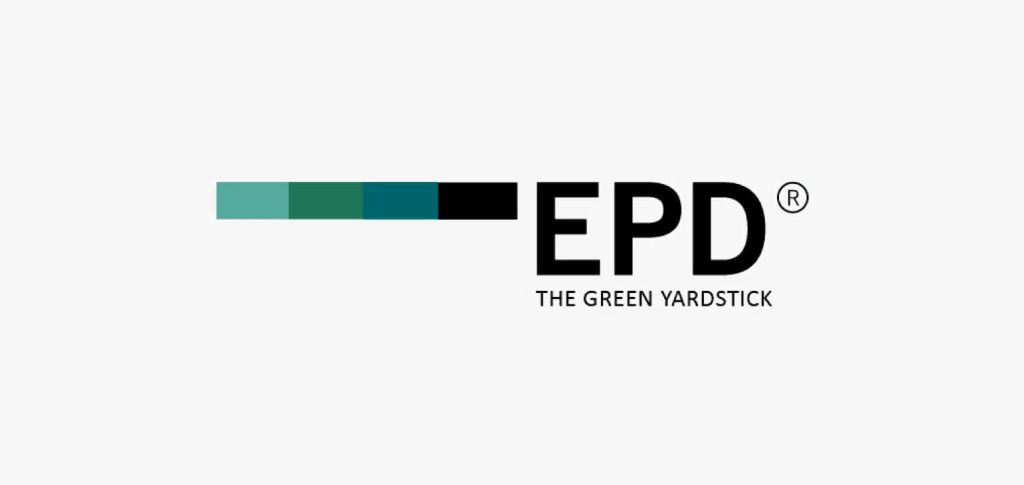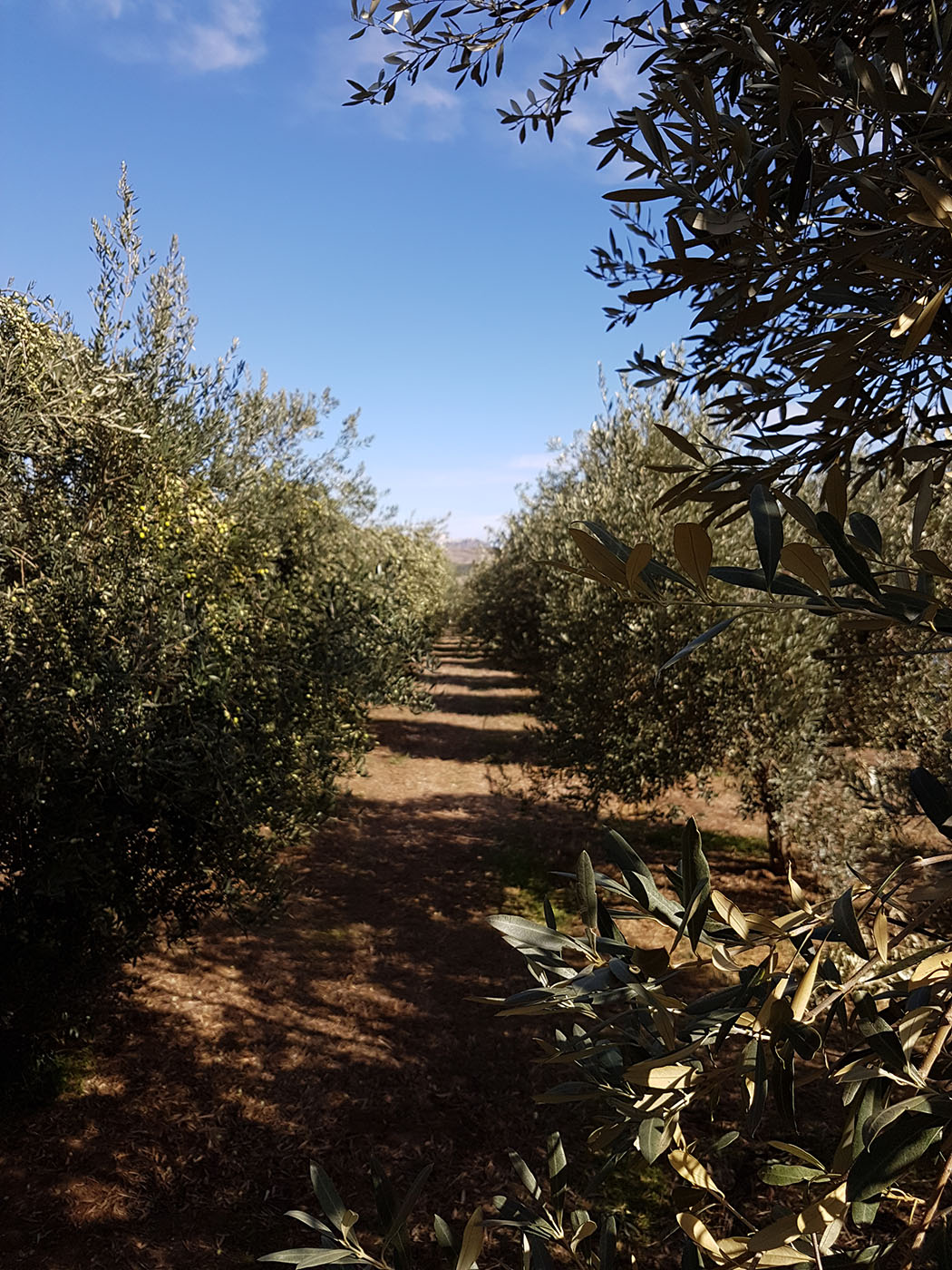CERTIFIED QUALITY
A simple philosophy underlies our environmental policy: take nothing away from nature and the local area, two indispensable raw material quality elements.
This belief has made us one of the first large scale company in Italy to obtain Environmental Product Declaration (EPD®) certification, an investment designed to keep alive the values which have made our oil making tradition great and which we now safeguard responsibly for future generations.
We have taken several important steps to safeguard the environment ranging from installing a photovoltaic system at the plant, buying energy from certified renewable energy sources and introducing recycled glass packaging.
Today we are a cutting edge technology company in terms of buildings and quality testing, capable of renewing tradition by means of a responsible management model in environmental, social and ethical terms.
WHAT IS THE EPD?
Set up in Sweden but now worldwide, the Environmental Product Declaration (EPD) regulated by ISO 14040:06 international standards is issued by the Swedish Environmental Management Council which manages the International EPD® System.
Most of our best extra virgin olive oils – GranFruttato, Classico, Delicato, BIOS and D.O.P Umbria – have obtained this certification after environmental performance testing across their life cycles (Life Cycle Assessment, LCA).
To calculate environmental performance, the system analyses production, fertilizers used in olive growing, water extraction methods, the volume of water used for irrigation, subsidiary material used in the olive harvest such as the fuel and electricity used at the plant and to transport the olives to the press. Inquiries into product working, transport and packaging are equally rigorous.
Final calculations include waste, ranging from product residues to all packaging elements, impact on global warming and the ozone layer and other parameters. A product life cycle environmental impact table has been compiled and published for each of these phases.
The certification documents obtained by our oils can be consulted and downloaded from the EPD website.

